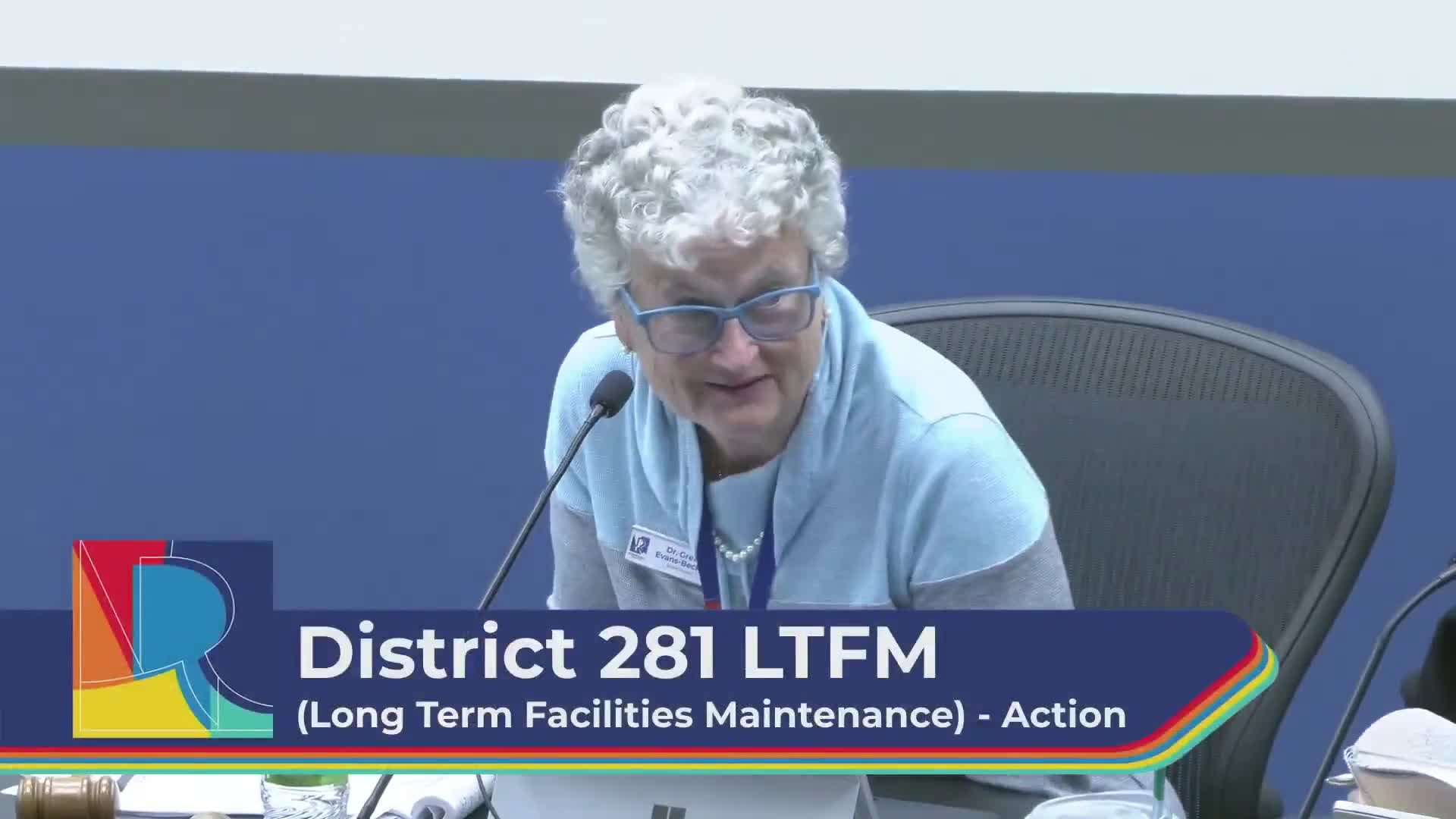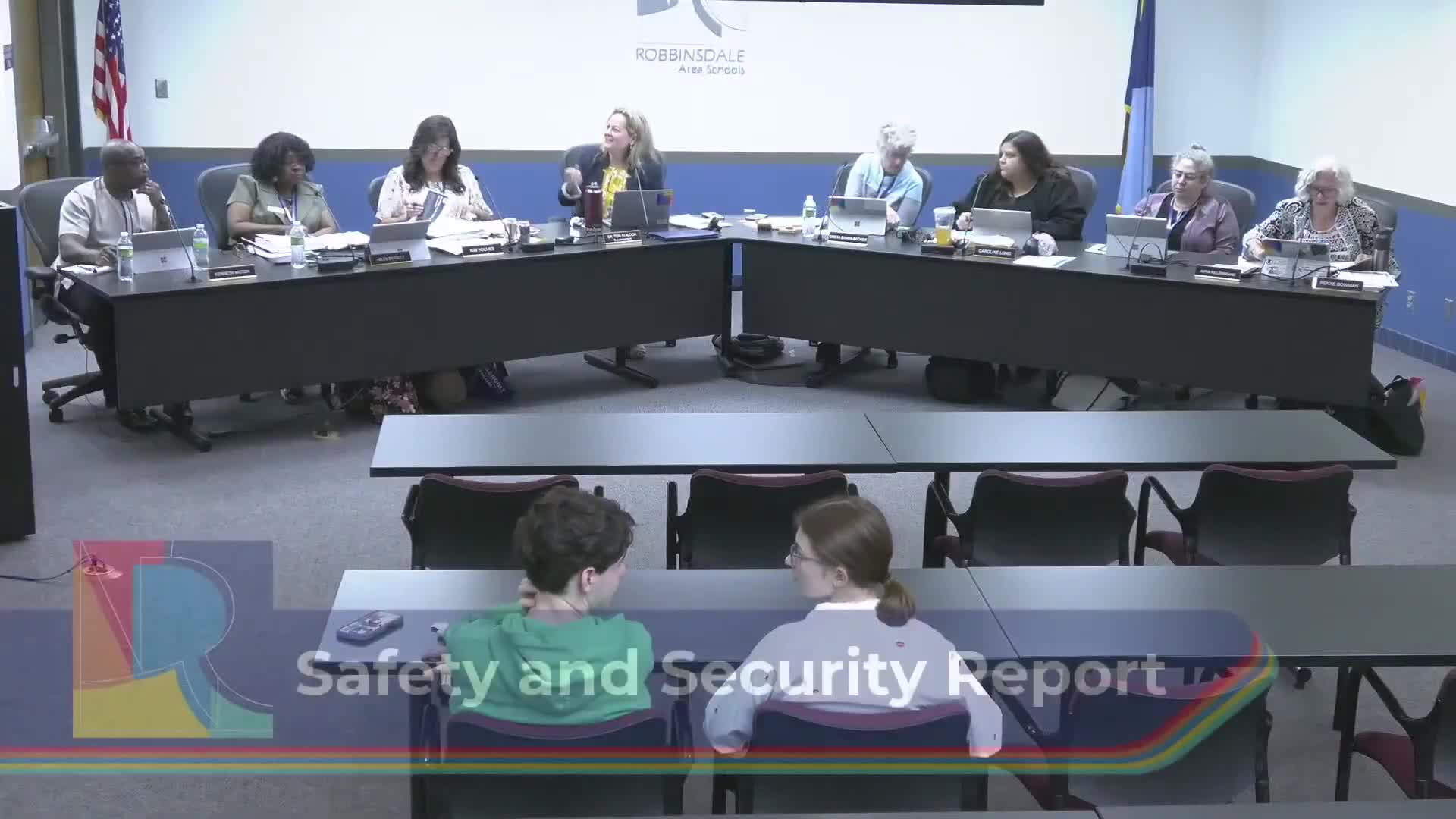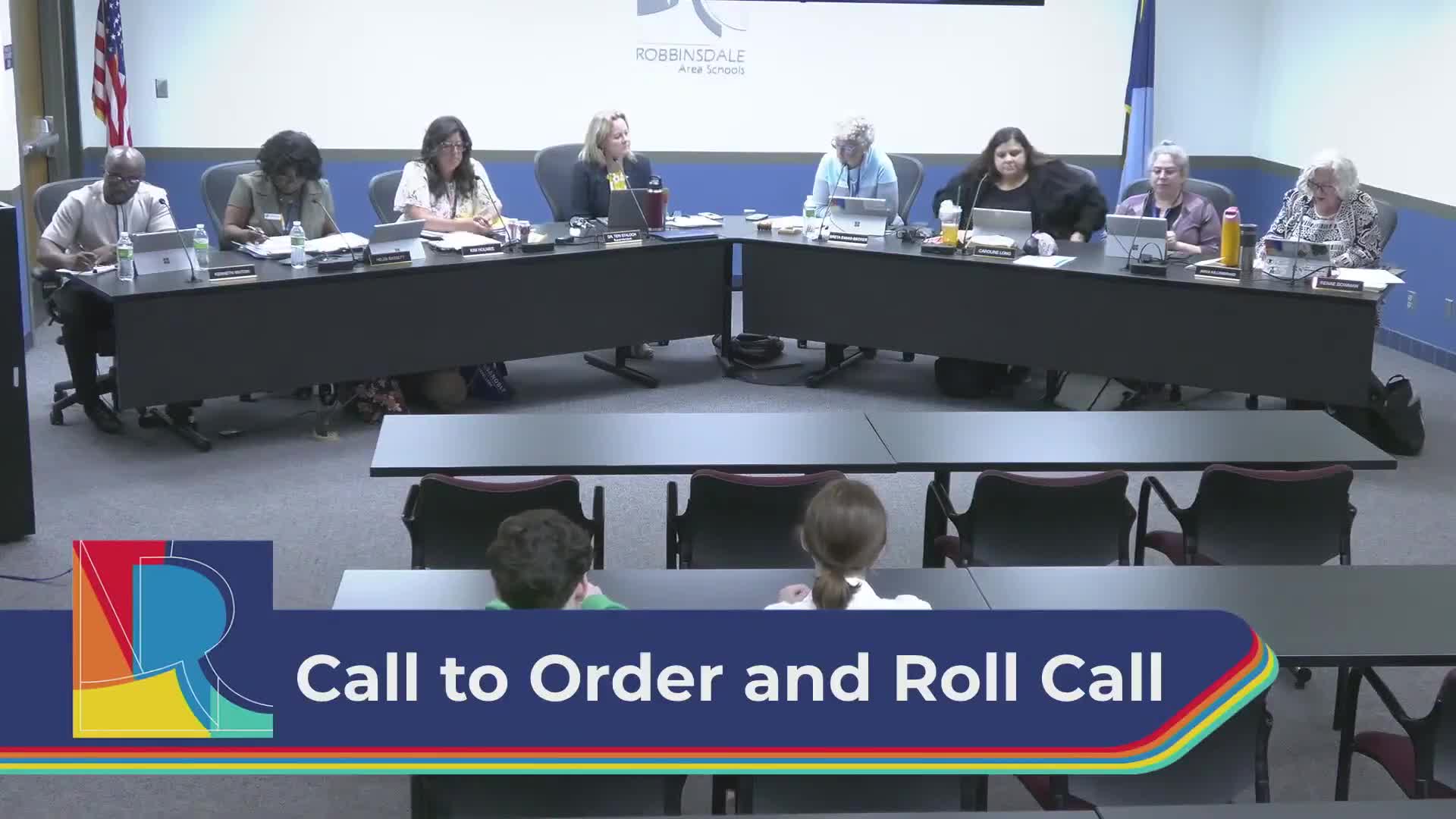Article not found
This article is no longer available. But don't worry—we've gathered other articles that discuss the same topic.

Votes at a glance: Robbinsdale board approves FY26 budget, long‑term facilities plan, K‑5 curriculum and legal counsel

Robbinsdale staff outline multi‑year safety upgrades; district cites supply and scheduling risks

